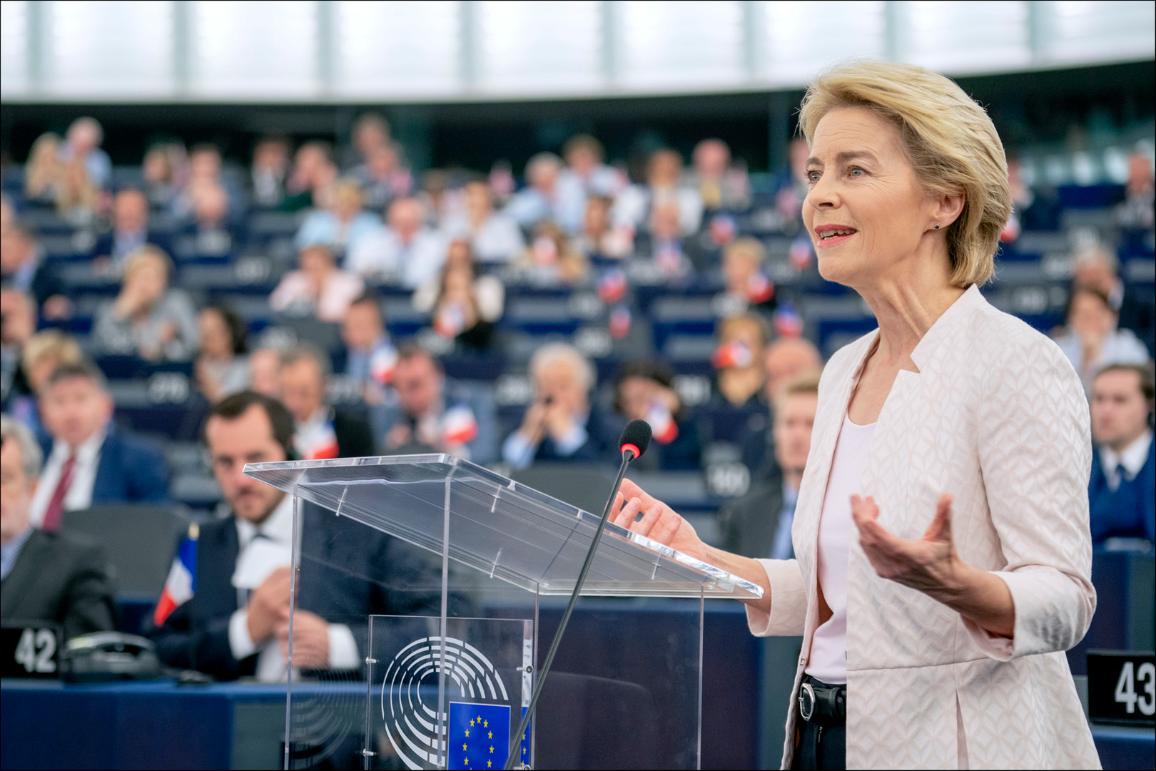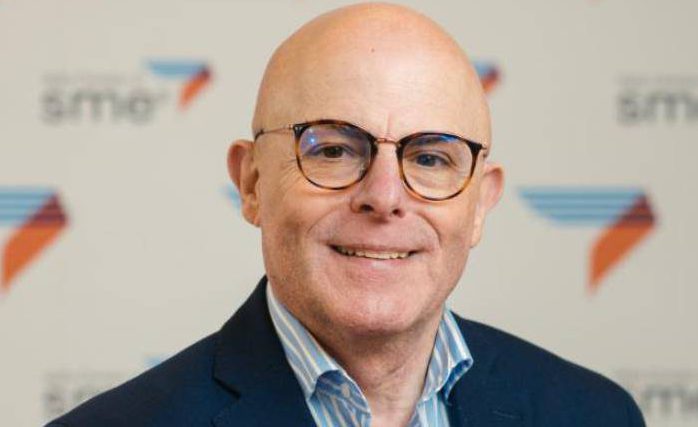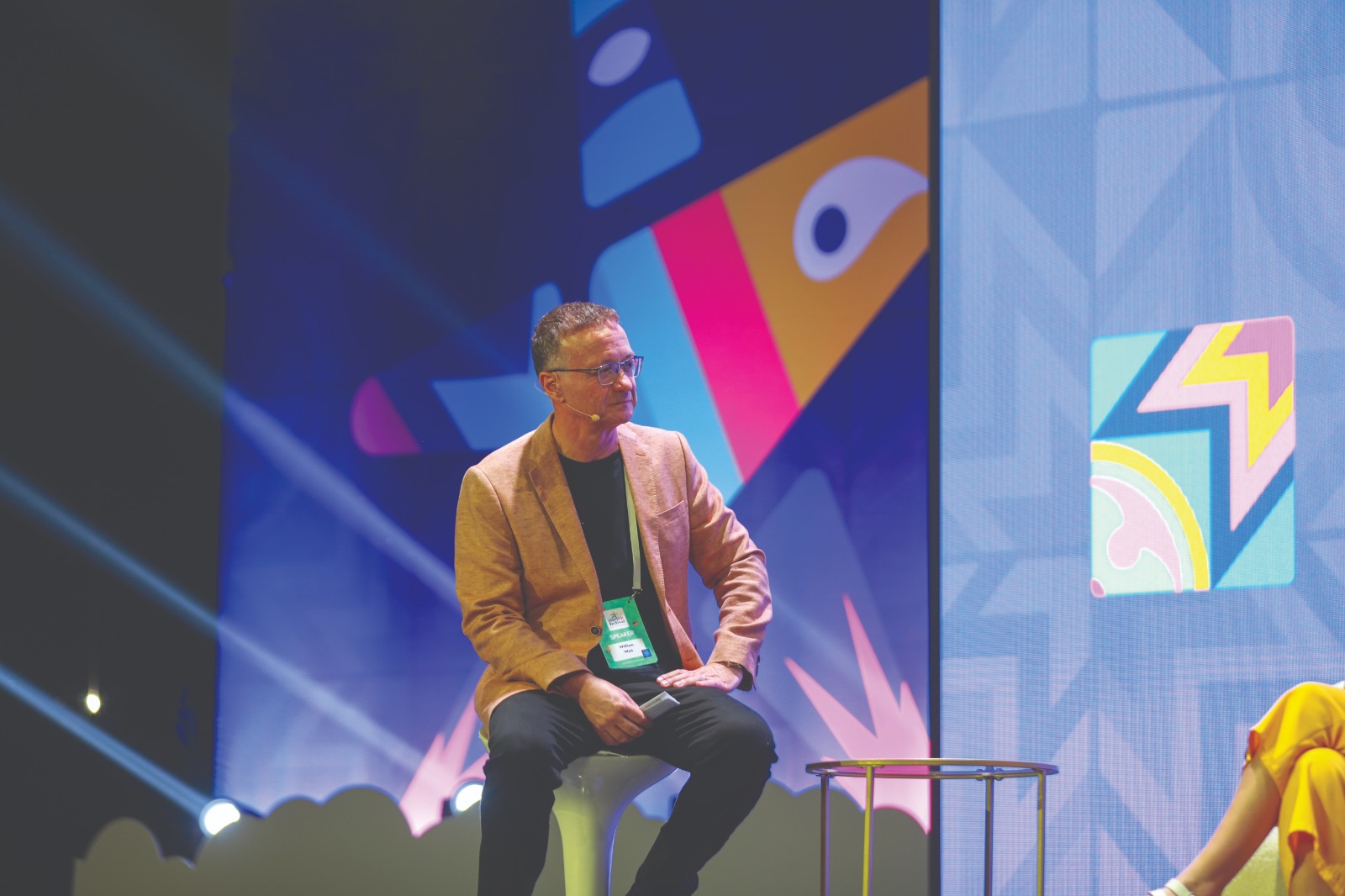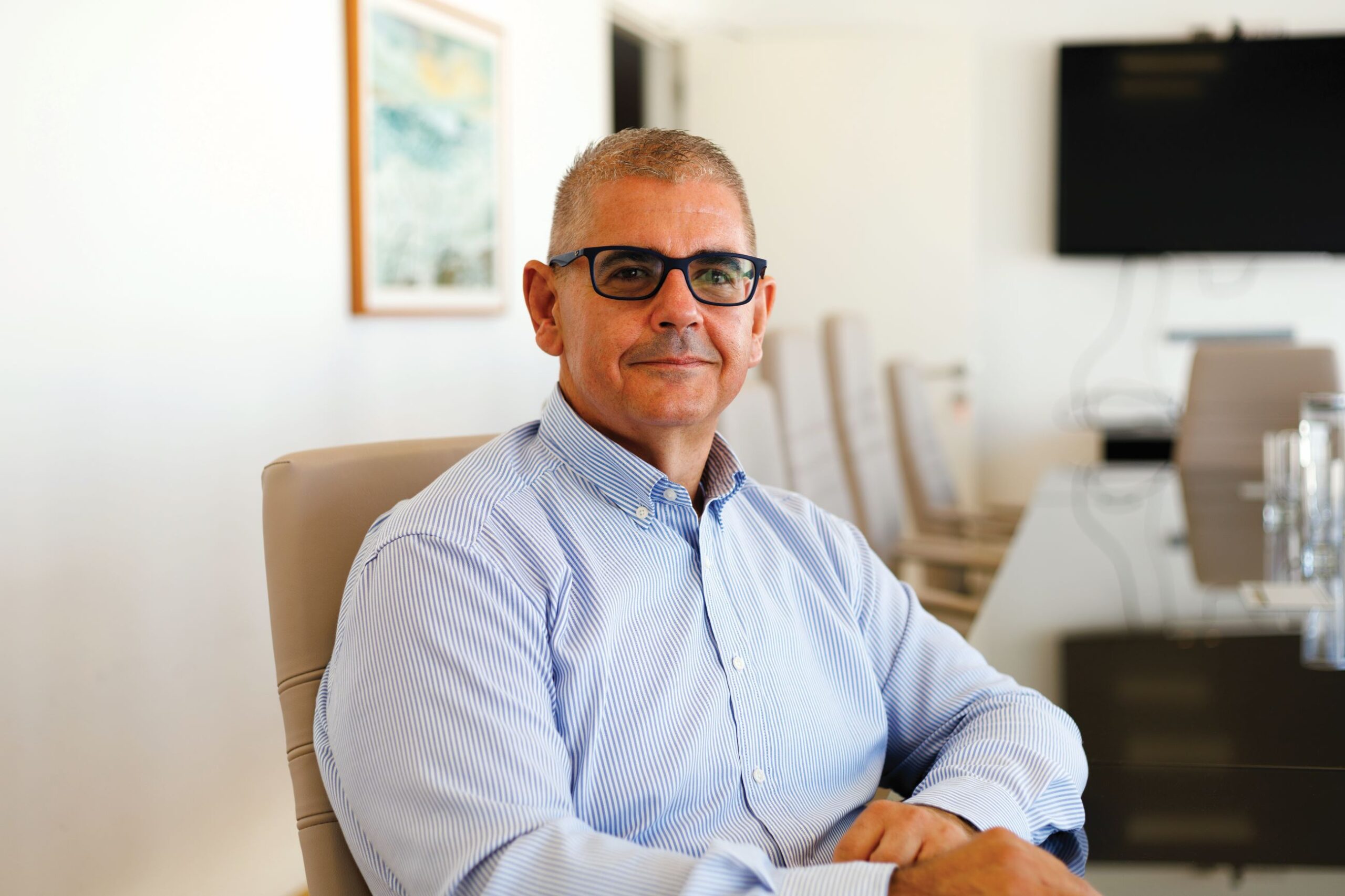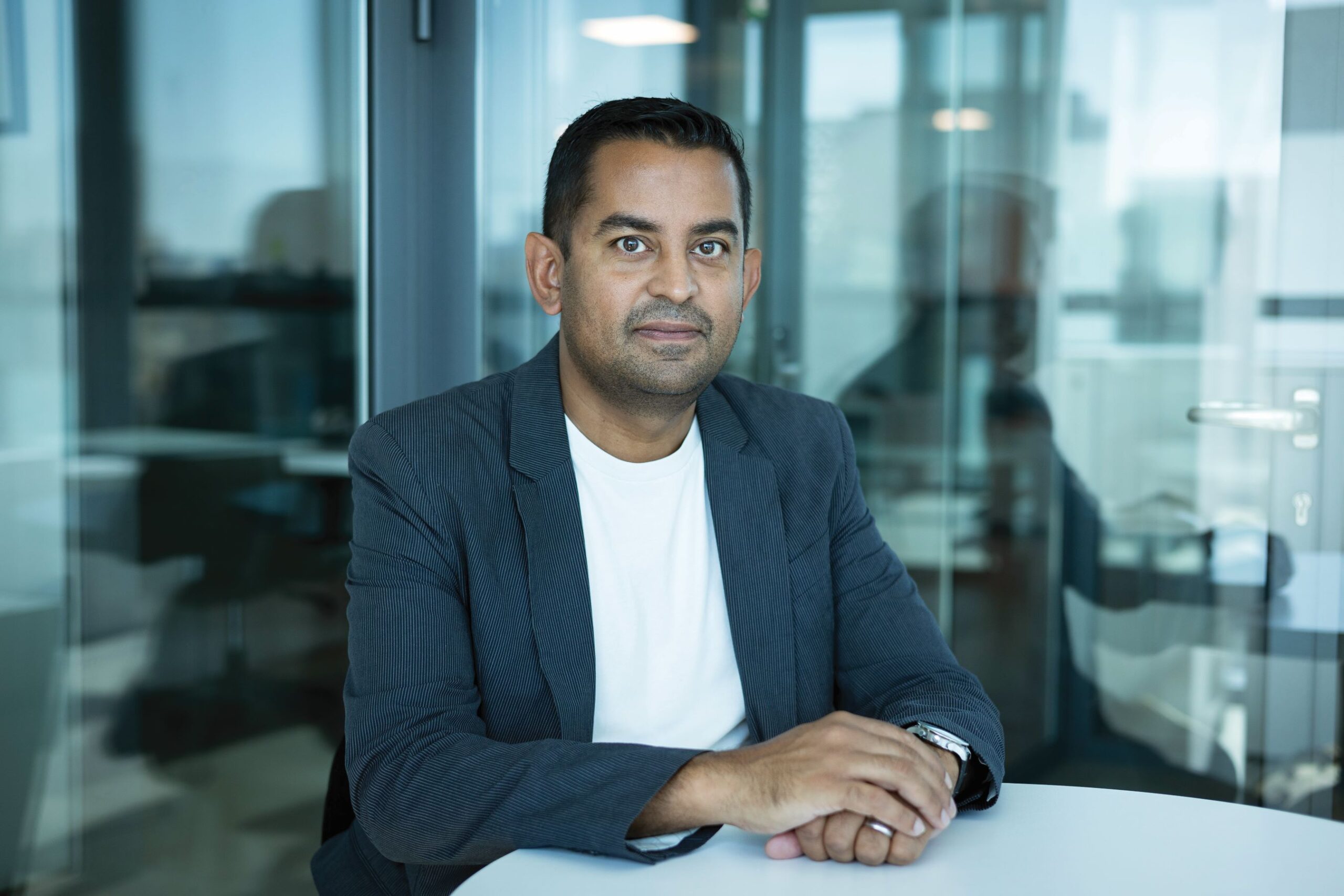European Commission President Ursula von der Leyen’s second State of the Union speech, delivered to the European Parliament, was full of praise for the EU’s response to the pandemic, and outlined key points that would be central to the European agenda going forward.
In a speech delivered over 60 minutes, Dr von der Leyen described the EU as a “union with soul”, and called it “uniquely beautiful and beautifully unique” – rare moments of poetry in what was a largely staid affair.
The proceedings happened under the watchful eye of Maltese MEP and First Vice-President of the European Parliament Roberta Metsola, after David Sassoli, the President, fell ill.
Although the speech largely avoided mention of individual countries, Malta was singled out for praise regarding its judicial rule of law reforms, contrasting the improvement seen here with democratic backsliding in countries like Hungary and Poland.
COVID-19 pandemic and vaccination strategy
European Commission President von der Leyen described the last year as “a time of soul searching,” and noted that “people are re-evaluating their lives”.
She called the Union’s strong financial response to the pandemic “evidence” of European solidarity. “The EU faced the pandemic as one Europe,” she said, “and I think we can be proud of it.”
The Commission President, a physician and mother of seven, praised the EU’s vaccination drive, which has resulted in 70 per cent of adults being fully vaccinated. Hinting at the slow initial rollout and the legal problems with AstraZeneca, she said the fight against COVID-19 is “a marathon, not a sprint” – pointed terminology, especially coming moments after comparing the proportion of vaccinated people with that of the US.
Dr von der Leyen said the EU “did [the pandemic response] the right way because we did it the European way,” referring to the 250 million doses of the vaccine pledged to low and middle-income countries by the end of the year – itself an increase over the 200 million pledged initially.
“We were the only ones to share half of our vaccine production with the rest of the world, we delivered more than 700 million doses of vaccines to the Europeans. We delivered.”
Although the EU did export half its vaccine production, with over 700 million doses sent to 130 countries, much of it, so far, has gone to other wealthy countries, with the EU only slowly making good on its pledge to help the less wealthy ones.
Dr von der Leyen also pledged to top up Europe’s commitment by sending another 200 million doses by the middle of next year.
Turning to the success of the EU’s digital COVID certificate, she boasted that “while the rest of the world was talking about it, Europe just did it”.
Recovery
The Commission President also noted that the EU economy’s recovery has been far more robust than that seen after the financial crisis, with 19 countries expected reach pre-pandemic levels of activity by the end of this year. “Growth in the Euro area,” she pointed out, “outpaced both the US and China in the last quarter.”
Climate change
Dr von der Leyen said the EU should be “proud” that it did not allow the pandemic to divert it from its path to achieving its climate change targets, with all stakeholders getting behind the European Green Deal.
Acknowledging the disasters affecting parts of Europe over the summer, with floods in her native Germany and wildfires across Mediterranean countries, that roughly coincided with the publication of the Intergovernmental Panel on Climate Change’s latest report, she said that, “If we don’t believe our own eyes, we have to follow the science.”
She described the upcoming United Nations Climate Change Conference (COP26) as a “moment of truth for the major economies.” Addressing other major players, she called on China to adopt more ambitious targets, and said it is now time for the US to step up its support for developing countries to cope with climate change. Driving the point home, Dr von der Leyen said the EU would propose an additional €4 billion for climate finance.
Looking closer to home, she called on MEPs and member states to commit to the Commission’s package of climate proposals, including on the application of emissions trading to road transport and buildings.
“The goal of the package is simple,” said Dr von der Leyen. “We will put a price on pollution … we will have smarter cars and cleaner airplanes, and we will make sure that higher climate ambition comes with more social ambition.”
Microchips
Turning to the EU’s digital aspirations and key challenges to their achievement, the Commission President addressed the global shortage in semi-conductors, saying the EU is too dependent on Asia for microchips and announcing a new initiative for the EU to develop its own production and supply.
To that end, she said the Commission will present a “European Chips Act” to catch up with world leaders on the design and production of microchips – not very different from the “Chips for America” presented last year in the US.
She continued: “Building up the chips sector in Europe is not just a matter of our competitiveness. This is also a matter of tech sovereignty,” adding that it is “a daunting task” that required European leaders to “be bold again” by “linking together our world-class research design and testing capacities” and “coordinate the European level and the national investment.”
Fiscal rules
On the EU’s fiscal rules regarding the amount of debt members states could take on, Dr von der Leyen indicated that these should be up for reform, saying the Commission would be launching a review of economic governance in the coming weeks.
Taxation
Regarding tax justice, she said, to loud applause: “It’s good that companies make profits, but if they make a profit that’s thanks to the quality of our infrastructure, our social security, to our education system. So it’s the least of all things that they pay their fair contributions.”
“That’s why we will continue to fight tax fraud,” adding that the Commission will do “everything” to reach a global agreement on minimum taxes for enterprises.
Corruption
“Corruption is not just a theft of tax payer’s money, it’s not just scaring away investors,” Dr von der Leyen said. “It also allows people to buy favours with big money and lets the powerful bypass democratic rules.”
She added: “When it comes to protecting our budget, we will pursue every case with everything in our power, and we start with that very soon.”
Spearheading economic diversification: Malta Enterprise Chairman William Wait outlines his vision
‘Looking ahead, our focus is on ensuring that Malta remains competitive in the global market’
Building wealth for tomorrow
BOV's Alex Bezzina highlights the flexibility and benefits of private pension plans, addressing the growing need for retirement solutions
Translating data into knowledge with Andaria Financial Services
CEO Nirav Patel on how Andaria helps companies to leverage data-driven opportunities through embedded finance


